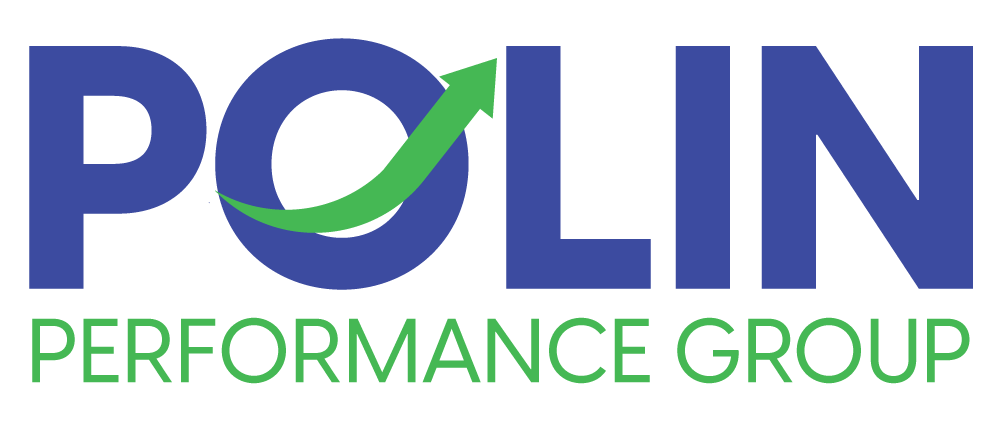Best Practices for Creating a Business Development (Sales) Plan for Law Firms and Attorneys
Developing a strategic sales (business development) plan is crucial for attorneys looking to grow their practice and generate new files. While legal expertise is vital, lawyers must also adopt effective sales and marketing strategies to remain competitive in today's market. In this article, I will outline some best practices to help attorneys develop a comprehensive sales and business development plan that aligns with their goals and maximizes new business opportunities.
- Define Your Target Audience: Identify your ideal clients by considering factors such as industry, legal needs, size of company, demographics, and geographic location. By defining your target audience, you can tailor your sales and business development efforts to reach the right prospects and allocate resources effectively.
- Set Measurable Goals: Establish specific, measurable, attainable, relevant, and time-bound (SMART) goals for your sales plan. This could include acquiring a certain number of new clients within a defined period, increasing revenue by a specific percentage, or cross-selling into new practice areas. Develop a roadmap for what sales activity is needed to achieve your goals. Clear goals and a clear plan (in writing) provide focus and help track progress.
- Develop a Unique Value Proposition and develop the skills needed to articulate your value proposition: Differentiate yourself from other attorneys by developing a compelling value proposition that highlights your unique strengths, expertise, and the benefits you offer clients. Understand your target audience's pain points and communicate how you can address them effectively. Develop an elevator pitch for both your individual practice, and for your firm (if you have multiple practice areas within the firm).
- Build and Leverage Relationships: Networking and building strong relationships are essential for attorneys. Attend networking events, industry events (with your clients), join professional organizations, develop your own peer networking groups, and participate in online communities to expand your network. Nurture existing connections and leverage them for referrals and recommendations. Click the link to listen to a podcast where I share best practices on leveraging your contacts and professional relationships to develop new business.
- Invest in Online Presence: In today's digital age, a strong online presence is crucial for attorneys. Develop a professional website that showcases your expertise, successes, and testimonials. Maintain an active presence on relevant social media platforms and engage with your audience through educational content, blogs, and thought leadership.
- Leverage Content Marketing: Create valuable and informative content that addresses common legal questions and challenges faced by your target audience. This can include blog posts, articles, podcasts, webinars, and/or videos. By providing useful information, you establish yourself as a trusted authority and attract potential clients.
- Develop a structured approach to ask for referrals: Referrals from satisfied clients, strategic partners, and professional contacts are a powerful source of new business for attorneys. Implement a structured approach to proactively ask for referrals. Your client base should be growing 25% each year strictly through referrals. If you are not increasing your client base through referrals, you need to revisit the way in which you are asking for referrals.
- Implement a Structured Sales Process: Define a structured sales process that outlines the steps from initial contact to closing a deal. This process should include identifying prospects, qualifying leads, conducting consultations, qualifying opportunities, presenting proposals, and following up. Consistency and organization in your sales approach will improve conversion rates and shorten the time from initial consult to signed engagement.
- Track and Measure Results: Regularly monitor and measure the effectiveness of your sales and business development efforts. Identify key performance indicators (KPIs) such as conversion rates, revenue generated per client, or referral rates. Use these metrics to evaluate the success of your sales plan and make necessary adjustments.
- Continual Learning and Adaptation: The legal industry is dynamic, and successful attorneys must adapt to changing market conditions. Stay updated with industry trends, emerging technologies, and evolving client needs. Continually seek opportunities for professional development, attend relevant seminars and workshops, and refine your sales and business development strategies accordingly.
Developing a sales and business development plan is vital for attorneys who want to expand their practice and attract new clients. By following these best practices, attorneys can create a comprehensive sales strategy that aligns with their goals, enhances their online presence, builds relationships, and maximizes new client acquisition. Remember, consistency, adaptation, and continuous improvement are the keys to long-term success in the legal industry.
If you are interested in exploring business development training and coaching for your practice, please reach out to Polin Performance Group by emailing us at evan@polinpg.com or calling us at 215-970-2360.
Schedule a Time for a
Free Consultation
Contact Us

You might also like




